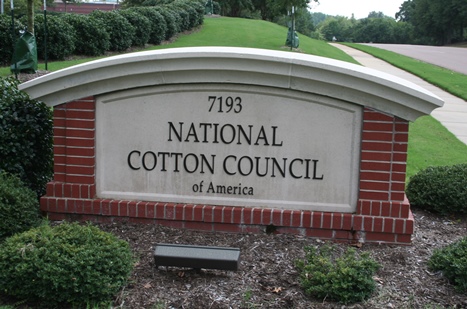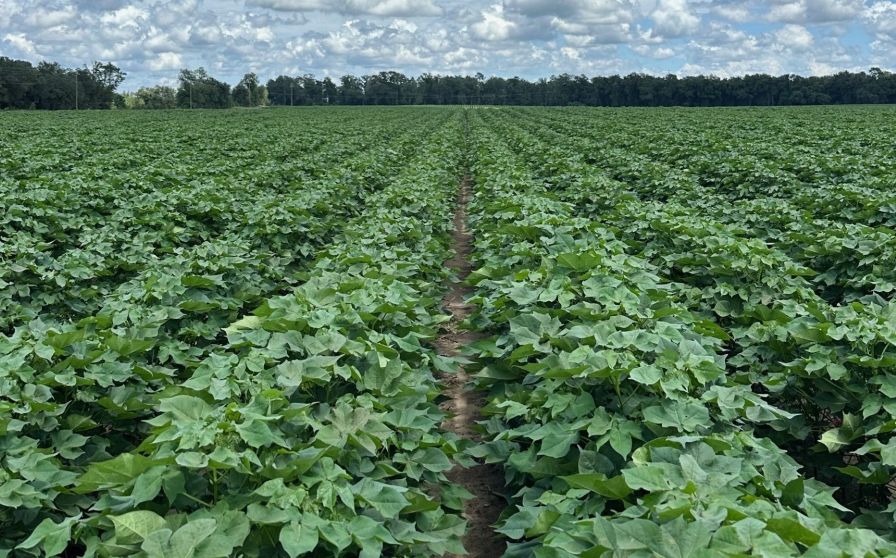Texas Tech’s Goal: Tier-One Status
Texas Tech Daily Toreador
Research being conducted by Texas Tech’s chemistry and biochemistry department and The Institute of Environmental and Human Health shows why Tech is quickly becoming one of the most nationally recognized research universities.
Dimitri Pappas, an assistant professor in the department of chemistry and biochemistry, recently received a three-year grant of $520,000 from the National Institutes of Health in order to develop new screening methods to study cell death.
To keep a balanced level of cell growth, the human body naturally kills off cells by a process called apoptosis, Pappas said.
Apoptosis, which is defined as a genetically directed process of cell self-destruction that is marked by the fragmentation of nuclear DNA, is activated either by the presence of a stimulus or removal of a suppressing agent or stimulus, and is a normal physiological process eliminating DNA-damaged, superfluous, or unwanted cells.
“Apoptosis is a normal process,” Pappas said, “but when it happens too much, it kills good tissue.”
The new screening methods being performed will aim to speed up or slow down cell death to find new treatments for specific diseases, Pappas said.
“Finding a way to more quickly measure apoptosis could lead to better treatments and targeted drugs to fight heart disease and cancer,” he said. “In the case of cancer, we would want to speed up cell death in cancerous cells, and with heart disease, we would want to slow down the process to stop the death of healthy cells.”
Pappas said the grant he received is yet another step towards Tech’s goal of being recognized as a leading research university.
“The more money we bring in to do research,” he said, “the closer we are to achieving tier-one status.”
Another recent research project performed by Seshadri Ramkumar, an associate professor at The Institute of Environmental and Human Health, is now receiving worldwide recognition.
“I invented a product called Fibertect-CS,” he said. “It is a cotton carbon wipe comprised of two layers of nonwoven cotton surrounding a carbon center.”
The cotton swab is being produced commercially by Hobbs Bonded Fibers in Waco, Ramkumar said.
According to the Hobbs Bonded Fibers website, Fibertect is being introduced as a product that can be tailored to fit numerous decontamination needs, including neutralizing and absorbing toxic chemical agents potentially used in chemical warfare, toxic industrial chemicals and pesticides.
Larry Hobbs, vice president of manufacturing at Hobbs Bonded Fibers, said Fibertect’s uniqueness lies in its versatility.
“In the military market, it will affect the lines of fighters,” he said. “Although it is a long and slow testing process before it will be implemented, the Marines have already been using a prototype as a decontamination aid.”
The state is also looking into the application of Fibertect in crime scene investigation, Hobbs said.
With the manufacturing and marketing assistance from Hobbs Bonded Fibers, Professor Ramkumar has been granted the opportunity to take his high-tech cotton swab worldwide.
“My invention is now being evaluated for applications in the Middle East,” he said. “I received sample requests from Bahrain, and I have been contacted by the United Arab Emirates and Israel, as well.”
The fact that interest is coming from outside the United States is a big deal, especially considering the university’s objective of being recognized nationally for research, Ramkumar said.
“It is great to see the research that we’ve been doing ultimately having an impact on society,” he said. “It is big for Tech, and it’s something the university should be proud of.”









